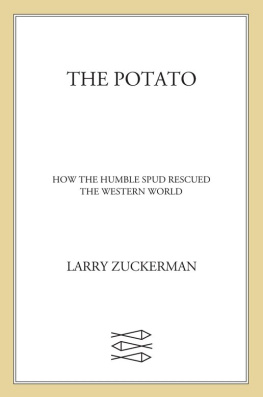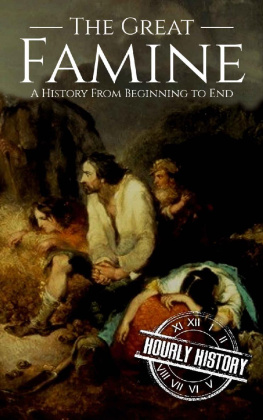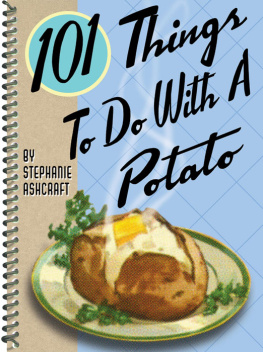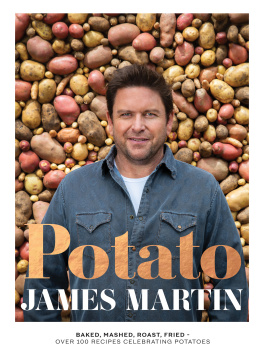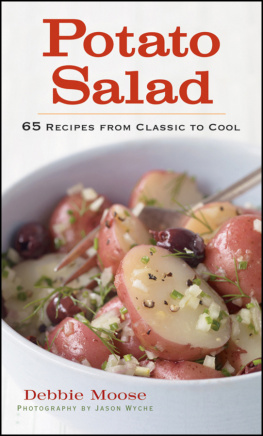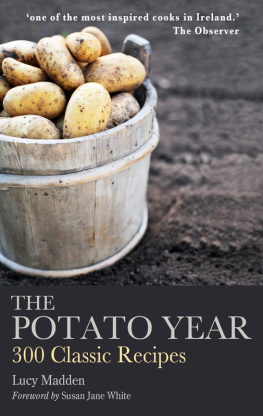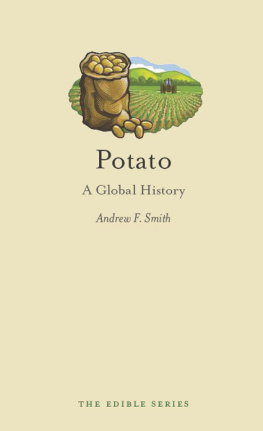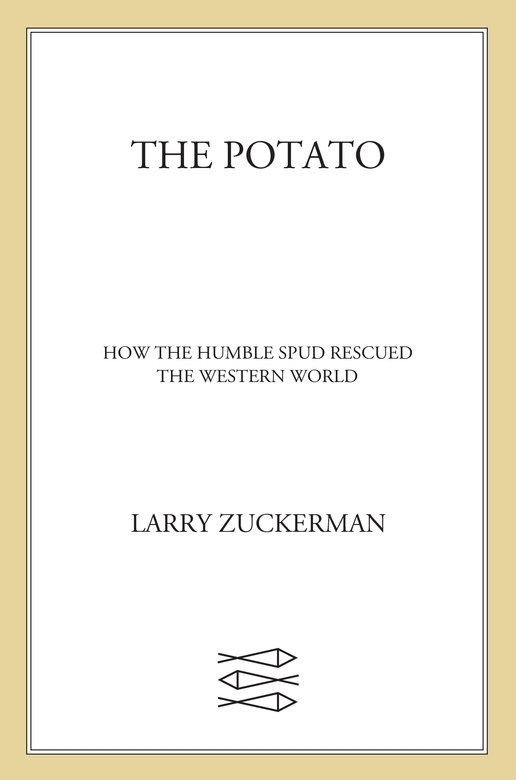Larry Zuckerman - The Potato: How the Humble Spud Rescued the Western World
Here you can read online Larry Zuckerman - The Potato: How the Humble Spud Rescued the Western World full text of the book (entire story) in english for free. Download pdf and epub, get meaning, cover and reviews about this ebook. year: 1999, publisher: North Point Press, genre: Art. Description of the work, (preface) as well as reviews are available. Best literature library LitArk.com created for fans of good reading and offers a wide selection of genres:
Romance novel
Science fiction
Adventure
Detective
Science
History
Home and family
Prose
Art
Politics
Computer
Non-fiction
Religion
Business
Children
Humor
Choose a favorite category and find really read worthwhile books. Enjoy immersion in the world of imagination, feel the emotions of the characters or learn something new for yourself, make an fascinating discovery.
- Book:The Potato: How the Humble Spud Rescued the Western World
- Author:
- Publisher:North Point Press
- Genre:
- Year:1999
- Rating:3 / 5
- Favourites:Add to favourites
- Your mark:
The Potato: How the Humble Spud Rescued the Western World: summary, description and annotation
We offer to read an annotation, description, summary or preface (depends on what the author of the book "The Potato: How the Humble Spud Rescued the Western World" wrote himself). If you haven't found the necessary information about the book — write in the comments, we will try to find it.
The Potato tells the story of how a humble vegetable, once regarded as trash food, had as revolutionary an impact on Western history as the railroad or the automobile. Using Ireland, England, France, and the United States as examples, Larry Zuckerman shows how daily life from the 1770s until World War I would have been unrecognizable-perhaps impossible-without the potato, which functioned as fast food, famine insurance, fuel and labor saver, budget stretcher, and bank loan, as well as delicacy. Drawing on personal diaries, contemporaneous newspaper accounts, and other primary sources, this is popular social history at its liveliest and most illuminating.
Larry Zuckerman: author's other books
Who wrote The Potato: How the Humble Spud Rescued the Western World? Find out the surname, the name of the author of the book and a list of all author's works by series.

